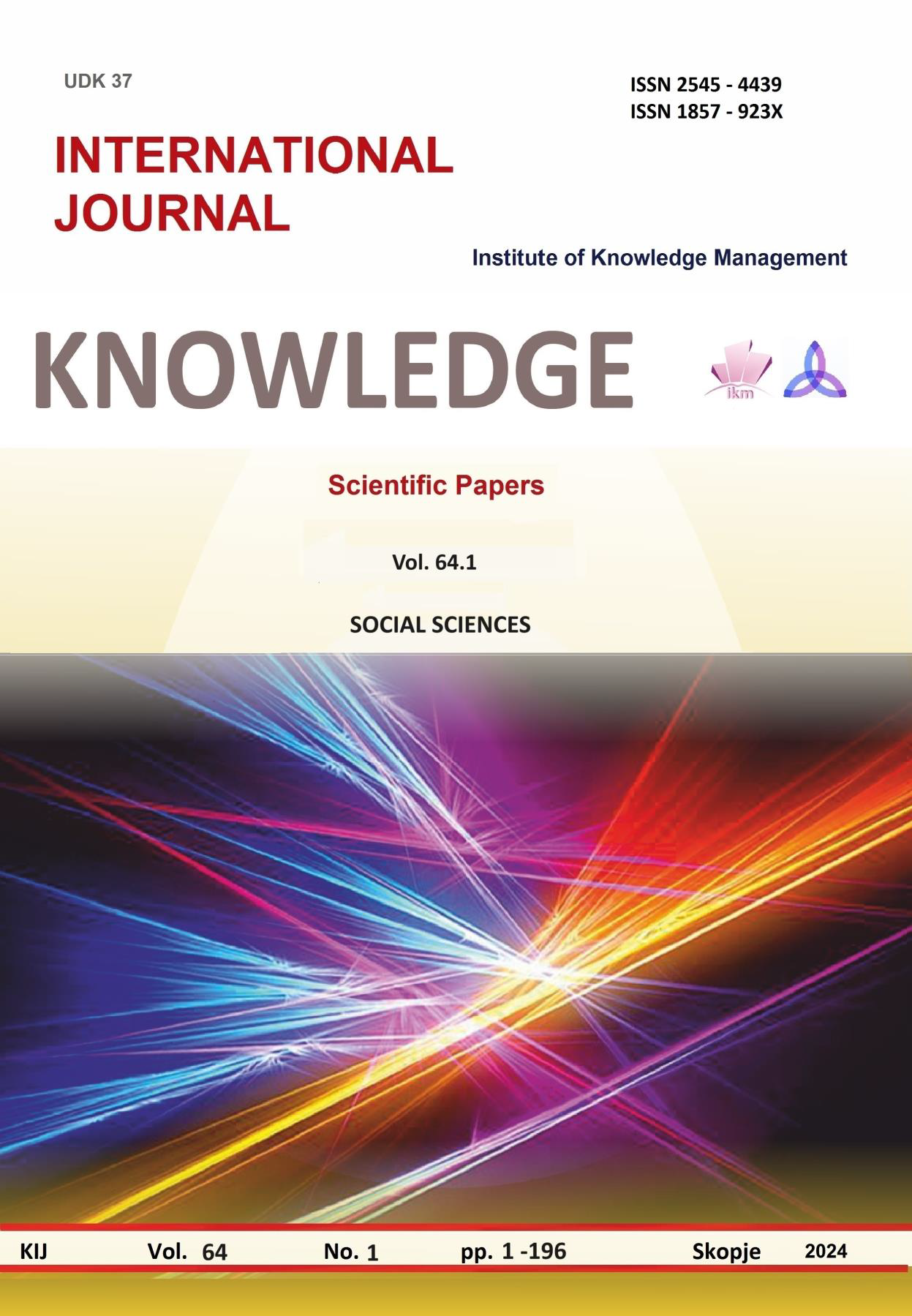ИСТОРИСКИ ОСВРТ НА ПРЕДИЗВИЦИТЕ НА ЛОКАЛНАТА САМОУПРАВА
HISTORICAL REVIEW OF LOCAL SELF-GOVERNMENT CHALLENGES
Author(s): Dimitar SpaseskiSubject(s): Politics / Political Sciences, History, Governance, Political history
Published by: Scientific Institute of Management and Knowledge
Keywords: local self-government;citizens;rights;duties
Summary/Abstract: The twentieth century was characterized by many changes that made revolutionary progress in human history. Numerous inventions highlighted human dominance over other living beings. It made the life of the individual easier, but it also imposed the need for mutual organization, as well as for the creation and establishment of joint management bodies so that the community would realize more significant results and achievements. The difficult living conditions undoubtedly imposed the need for people to group together, to create common policies for the future and to improve their own lives. Human existence is practically connected with home, house and family. The need to implement policies for their mutual connection and harmonization of needs and requirements with the rest of the inhabitants of a certain area represents the beginning of the later arrangement named as local self-government. Hence, the conclusion can be rightly drawn that the local self-government has always been perceived as the government of the community, that is, it reflected the needs of the people where they live and work. Even today, the local self-government is the closest to the individual and his needs. The central government is more powerful, above all, financially, but even though many civil needs are related to the central government, the local self-government is still the government that the citizen feels closest to him. All countries in the world in their constitutive acts give a significant place and role to local self-governments. The citizen, through this local self-government institute, is practically a direct actor in matters that are close to him, that directly affect him and for which he certainly has an interest. Hence, local self-government is determined as the authority of the local community, which enjoys a certain degree of freedom in carrying out their rights and duties. The local self-government is responsible for a limited part of the state territory by the bodies representing the local community. According to the Constitution of the Republic of Macedonia, local self-government is one of the fundamental values of the constitutional order together with the basic rights and freedoms of citizens, the free expression of nationality, the organization of the government and judicial system, political pluralism, legal protection of the market and entrepreneurship, social justice and solidarity, the arrangement and humanization of space, the protection of the environment and nature, and respect for the generally accepted norms of international law (Article 8 of the Constitution of the Republic of Macedonia). This positioning of local self-government as a fundamental value of the constitutional order indicates the great importance given to this institute. The citizen, through this local self-government institute, is practically a direct stakeholder in matters that are close to him, that directly affect him and for which he certainly has an interest.
Journal: Knowledge - International Journal
- Issue Year: 64/2024
- Issue No: 1
- Page Range: 147-151
- Page Count: 5
- Language: Macedonian

